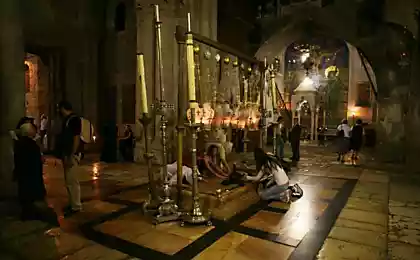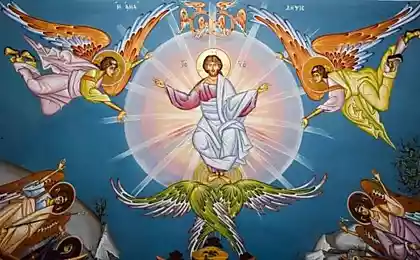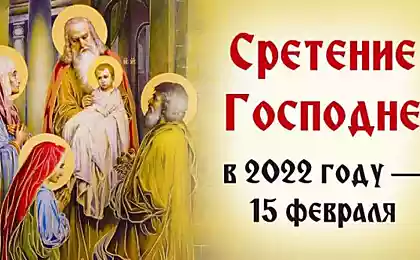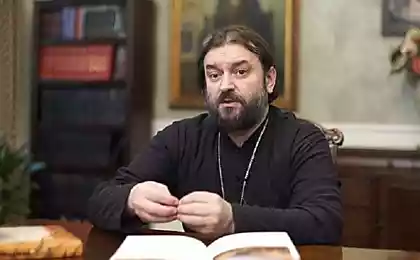246
How to pray correctly
Our Father is the main Christian prayer with which every believer turns to the Lord every day. These words have been familiar to us since childhood. I remember my grandmother teaching me the words of this prayer and telling me about the Lord. These words are in the heart of every Christian.
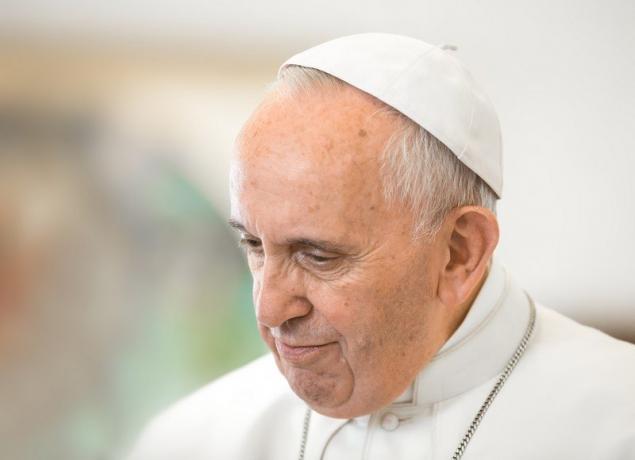
Recently it became known that the Pope made small changes to the translation of "Our Father". Editorial "Site" It tells you what the change is and what it brings.
The head of the Catholic Church, Pope Francis, officially presented the approved modified text of the prayer, which was worked on for 16 years. The Pope noted that the essence of the prayer in the original language has been lost, so we need to make some clarifications to the translation. This is so that every believer understands every word.
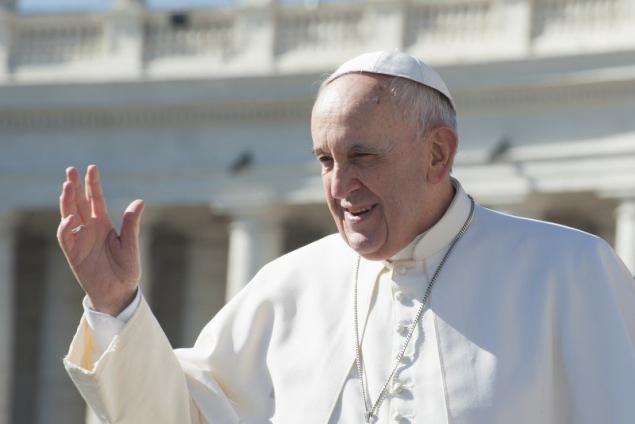
Experts studied the text of the prayer and the meaning of each of its lines for 16 years. Pope Francis believes that mistakes could have been made in the recording of the prayer, because Jesus said it in Aramaic, then it was translated into Greek, and then into English, French and others. No wonder there may have been an error in the text.
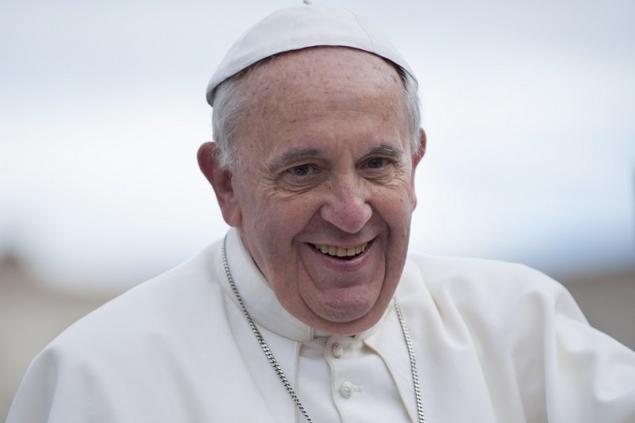
According to the Gospel, Our Father's Prayer Jesus taught His disciples to teach them to pray. Most Bible scholars agree that prayer to the Lord goes back to the words of the Savior. He said this prayer in Aramaic. The original has been lost and only the Greek translation has reached us.
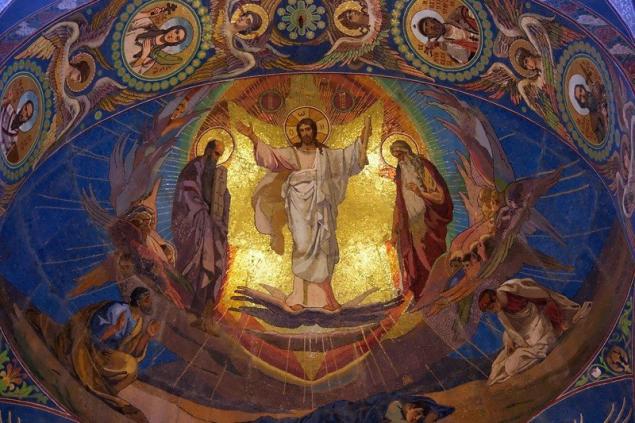
For centuries, clergymen have been discussing the full text of Our Father and figuring out the meaning of each line. One of the objects of the argument was the line “...and lead us not into temptation.” In the Greek text of the final prayer is a predicate, which can be interpreted as if the one who leads into temptation is God himself.

This is the line that Dad proposed to replace. According to Pope Francis, the phrase “lead us not into temptation” is not quite accurate and should be replaced by “let us not succumb to temptation”. So the phrase takes on a different meaning, it becomes clear that God does not lead us into temptation, but helps us out of it.
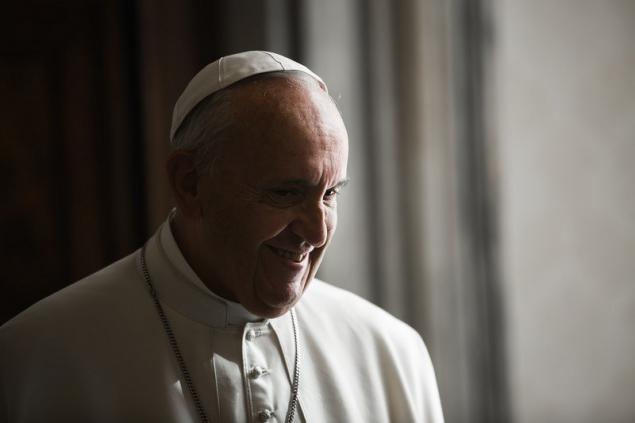
It is planned that in all Catholic churches of the world these changes will come into force within a couple of months. This change is officially introduced in the fourth edition of the book "Missal", which determines the order of the Mass. Everything in the Orthodox Church remains the same.
Pope Francis is known for his bold words and decisions. For example, he recently said that it is better to be an atheist than a hypocritical believer.

Not everyone agrees with the pope and his decision to rework the prayer. Although, by and large, no one changed the prayer itself, but only made a clarification in translation. Orthodox clergymen do not think that there is a flaw in the translation, it is only necessary to interpret the words of prayer correctly.

Disputes about the interpretation of the sacred text have been going on for a long time and the truth has not yet been found. What do you think about that? Should the Orthodox Church follow the example of the Catholic Church? Share your opinion in the comments.
We believe that it is not so much the words that matter, as the sincerity of our desires and thoughts when saying a prayer. Therefore, instead of disputes and troubles, it is best to forget for a moment about the worldly, close your eyes and say words familiar from childhood.
“Our Father, who are in heaven!” Hallowed be Thy name, Thy kingdom come, Thy will be done, as it is in heaven and on earth. Give us today our daily bread, and forgive us our debts, just as we also forgive our debtor; and lead us not into temptation, but deliver us from evil. For yours is kingdom and power and glory forever. Amen.

Recently it became known that the Pope made small changes to the translation of "Our Father". Editorial "Site" It tells you what the change is and what it brings.
The head of the Catholic Church, Pope Francis, officially presented the approved modified text of the prayer, which was worked on for 16 years. The Pope noted that the essence of the prayer in the original language has been lost, so we need to make some clarifications to the translation. This is so that every believer understands every word.

Experts studied the text of the prayer and the meaning of each of its lines for 16 years. Pope Francis believes that mistakes could have been made in the recording of the prayer, because Jesus said it in Aramaic, then it was translated into Greek, and then into English, French and others. No wonder there may have been an error in the text.

According to the Gospel, Our Father's Prayer Jesus taught His disciples to teach them to pray. Most Bible scholars agree that prayer to the Lord goes back to the words of the Savior. He said this prayer in Aramaic. The original has been lost and only the Greek translation has reached us.

For centuries, clergymen have been discussing the full text of Our Father and figuring out the meaning of each line. One of the objects of the argument was the line “...and lead us not into temptation.” In the Greek text of the final prayer is a predicate, which can be interpreted as if the one who leads into temptation is God himself.

This is the line that Dad proposed to replace. According to Pope Francis, the phrase “lead us not into temptation” is not quite accurate and should be replaced by “let us not succumb to temptation”. So the phrase takes on a different meaning, it becomes clear that God does not lead us into temptation, but helps us out of it.

It is planned that in all Catholic churches of the world these changes will come into force within a couple of months. This change is officially introduced in the fourth edition of the book "Missal", which determines the order of the Mass. Everything in the Orthodox Church remains the same.
Pope Francis is known for his bold words and decisions. For example, he recently said that it is better to be an atheist than a hypocritical believer.

Not everyone agrees with the pope and his decision to rework the prayer. Although, by and large, no one changed the prayer itself, but only made a clarification in translation. Orthodox clergymen do not think that there is a flaw in the translation, it is only necessary to interpret the words of prayer correctly.

Disputes about the interpretation of the sacred text have been going on for a long time and the truth has not yet been found. What do you think about that? Should the Orthodox Church follow the example of the Catholic Church? Share your opinion in the comments.
We believe that it is not so much the words that matter, as the sincerity of our desires and thoughts when saying a prayer. Therefore, instead of disputes and troubles, it is best to forget for a moment about the worldly, close your eyes and say words familiar from childhood.
“Our Father, who are in heaven!” Hallowed be Thy name, Thy kingdom come, Thy will be done, as it is in heaven and on earth. Give us today our daily bread, and forgive us our debts, just as we also forgive our debtor; and lead us not into temptation, but deliver us from evil. For yours is kingdom and power and glory forever. Amen.



